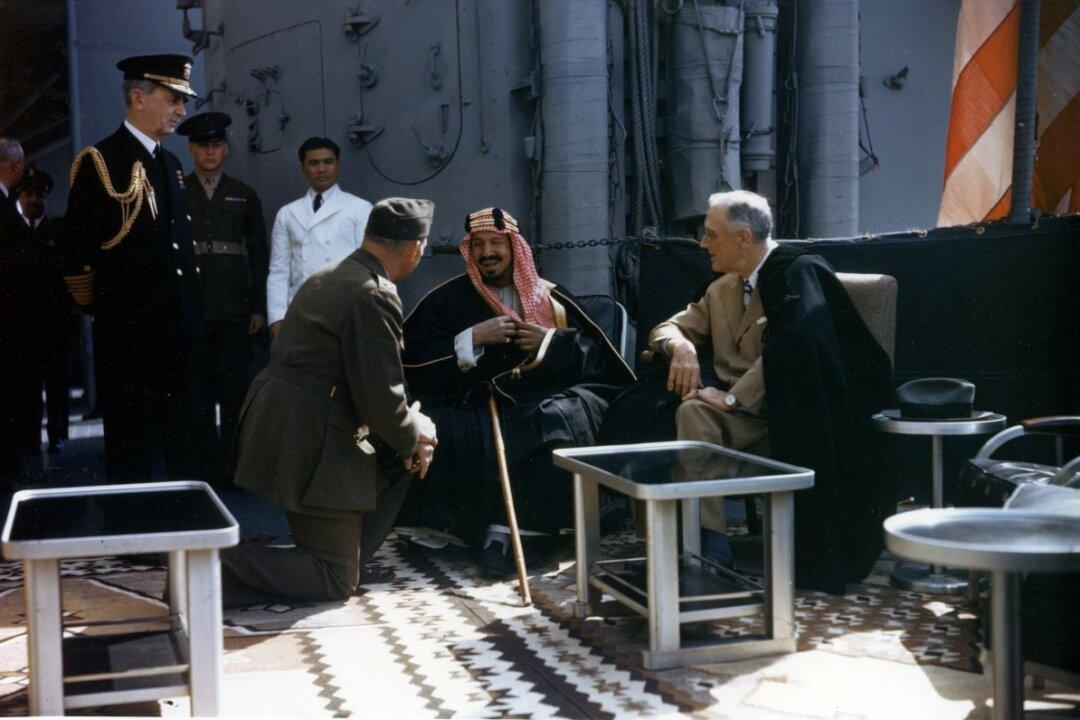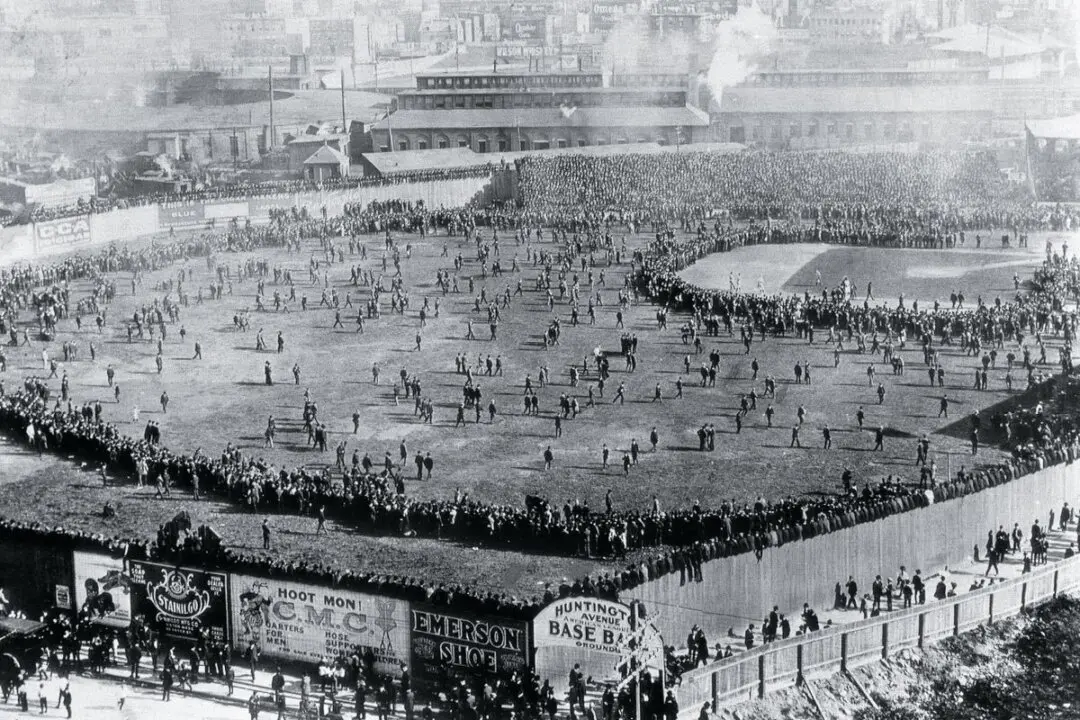When 101-year-old Wayne Perry, a World War II veteran, told me his first war story, it wasn’t about his own experience, nor was it about his war.
“A man would get wounded, they would saw his leg off and throw it out the window. Every so many days, he would gather up the arms and legs and take them off and bury them,” Perry said.






